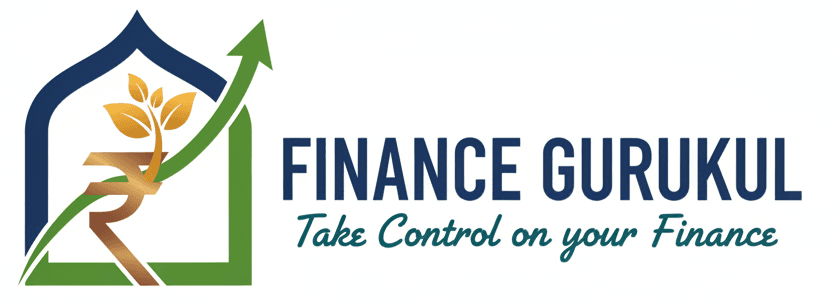
How to Protect Yourself from Personal Loan Scams: A Comprehensive Guide
The increased accessibility of personal loans has undeniably improved our ability to achieve financial goals. However, this ease of access has also given rise to a concerning trend: loan scams. These fraudulent activities can lead to significant financial hardship for borrowers, making awareness and prevention crucial.
The Scope of Loan Fraud in India
In India, loan scams pose a substantial threat. According to reports, banks logged over 9,000 complaints related to loan fraud in the last year alone, amounting to a staggering Rs 60,000 crore. This highlights the need for a comprehensive understanding of these scams and effective strategies to protect oneself.
Understanding the Different Tactics of Loan Scammers
Fraudulent loan schemes come in various forms, each designed to exploit vulnerabilities in the loan process. Here are some common tactics employed by scammers:
- Identity Theft: Fraudsters misuse personal details like name, address, and date of birth to acquire loans, leaving the victim liable for the debt.
- Document Forgery: Loan seekers may fabricate documents like bank statements or income tax returns to qualify for loans they cannot afford.
- Ponzi Schemes: Disguised as investment opportunities, these schemes lure individuals with promises of high returns. The money from new investors is used to pay earlier investors, creating a house of cards that ultimately collapses.
- Predatory Lending: Dishonest lenders pressure borrowers into refinancing existing loans or taking out additional loans at exorbitant interest rates and hidden fees.
- Advance Fee Scams: Scammers demand upfront payments or fees in exchange for a loan that never materializes.
- Forgery: This involves creating counterfeit loan documents or forging signatures on legitimate loan agreements and promissory notes.
- Ghost Lending: In this sophisticated scheme, loans are secured using fake documents or identities, sometimes even those of deceased individuals.
- Collusion: In rare instances, lenders and borrowers may conspire to defraud financial institutions through fabricated documents or misleading information.
Essential Safeguards Against Loan Scams
Being informed and taking proactive steps can significantly reduce your risk of falling victim to loan scams. Here are some key strategies to consider:
- Verify the Lender’s Credentials: Always check if the lender is registered with a reputable regulatory body like the Reserve Bank of India. Verify their contact information, research client reviews, and thoroughly examine the loan offerings and charges detailed on their official website.
- Scrutinize Loan Documents: Before signing any loan agreement, meticulously review all terms and conditions. Pay close attention to details like interest rates, repayment schedules, applicable fees, and prepayment penalties. If any clause appears unclear, seek clarification from the lender or consult a legal professional.
- Maintain Accurate Personal Information: Ensure that all personal data shared with the lender is accurate and up-to-date. To detect any potential fraudulent activity, regularly monitor your credit report for discrepancies or unauthorized accounts.
- Beware of Upfront Charges: Legitimate lenders typically deduct processing fees from the loan amount itself. Be wary of lenders who demand upfront fees before disbursing the loan.
- Avoid High-Pressure Tactics: Reputable lenders won’t pressure you into making hasty decisions without providing adequate time to understand the loan terms. Steer clear of lenders who create a sense of urgency or use aggressive sales tactics.
- Utilize Secure Networks: When applying for online loans, only use secure networks and websites to protect your personal and financial information. Be cautious of phishing attempts designed to steal your data.
- Seek Professional Guidance: Consulting a legal advisor can provide valuable insights into the loan agreement and the lender’s legitimacy. Legal counsel can ensure you fully understand the terms and conditions before signing.
Conclusion: Protecting Yourself and the Financial Landscape
Loan scams pose a serious threat to financial security. By understanding the various tactics employed by fraudsters and implementing the recommended safeguards, you can empower yourself to make informed decisions and avoid becoming a victim. Remember, reporting any suspicious activity to the relevant authorities is crucial for combating loan scams and fostering a safer lending environment for everyone. Staying vigilant and informed are the key steps towards securing your financial well-being.



